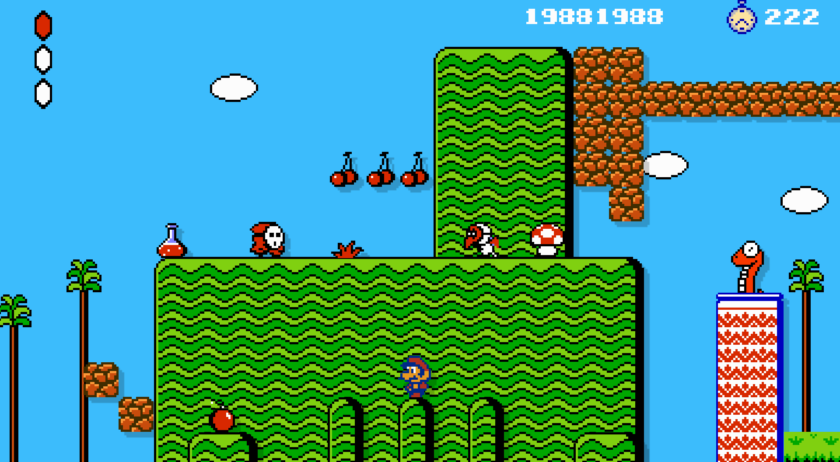Welcome to Learningworks for Kids Game Vocabulary for Parents! In this series, we are highlighting some key gamer vocabulary for busy parents and defining the key executive functions that can be strengthened through play. This video will focus on the game genre Platformer. Click below to watch the video and learn more. The transcript is also provided below for your convenience. A special thanks to our videographer J.R. for his work on this awesome video!
Hi and welcome to Learningworks for Kids’s Gaming Vocabulary for Parents. This is a video series where we will be taking some of the most common gaming terms and vocabulary and breaking down their meaning and how these terms can help you understand the executive functioning skills behind your child’s favorite games. Like what you see? Then be sure to visit us at learningworksforkids.com to read our educational blogs, read our game reviews, and learn more about how to create a balanced play diet for your child.
Today we are going to be talking about a type of game that may take you back to the retro days of gaming; the platformer. Platformers, or Platform games as they are also known, require the player to control a character and move them from one place to another by navigating the terrain, which often includes platforms that need to be jumped on. The environment of the game can be a static screen, a 2-D side scrolling screen, or even a 3-D environment that needs to be navigated. Players need to use various physical movements, such as running, jumping, climbing, and swinging in order to make it to the end goal in each level. There are subgenres of platforming games as well, such as the puzzle platformer and the run and gun platformer.
So what does your child learn when he or she is running around in Super Mario Odyssey, wall jumping in Celeste, or leaping to get away from some horrific creature in Little Nightmares II? Can these games encourage the development of any real-world skills?
Focus is so important in platforming games because missing your jump or mistiming your landing can mean the end of the game or a major loss of hit points. The player needs to be able to block out the distractions around them and pay attention to the immediate objective of the game. Timing out a jump to a platform or avoiding a spinning wheel of spikes helps your child practice the skill of narrowing in on a specific task and seeing it through to completion.
Platformers can also teach your child a lot about self-control and self-awareness because sometimes…they can just be really hard to play. Remember what I said earlier about missing your jump meaning life or death sometimes? Imagine trying this in a particular level 30 times and still not making it. Failure in games like platformers can teach your child about self-control and strategies to cope with frustration and anger. It can also develop their sense of self-awareness by helping them realize when they are reaching a level of non-productive frustration and will require a break before continuing.
So how can you apply this concept to real life situations? Help your child break projects into smaller chunks by using a Focus Timer or the Pomodoro method. These often include built-in breaks so that your child can see that focusing for a short period of time can sometimes be more productive than trying to barrel through a project all at once. Mindfulness and meditation apps can also be a great way to help your child learn about coping strategies for other frustrating events in their lives, such as schoolwork, fights with siblings or friends, and other “big” feelings they may have trouble explaining or expressing.
Well, that’s all the time we have for today. If you’d like to watch more videos like this, go ahead and hit the subscribe button. We publish new content every week so you can learn how to set up your child’s play diet. To learn more visit learningworksforkids.com



I have read your article; it is very instructive and valuable to me. I admire the valuable information you offer in your articles. Thanks for posting it.